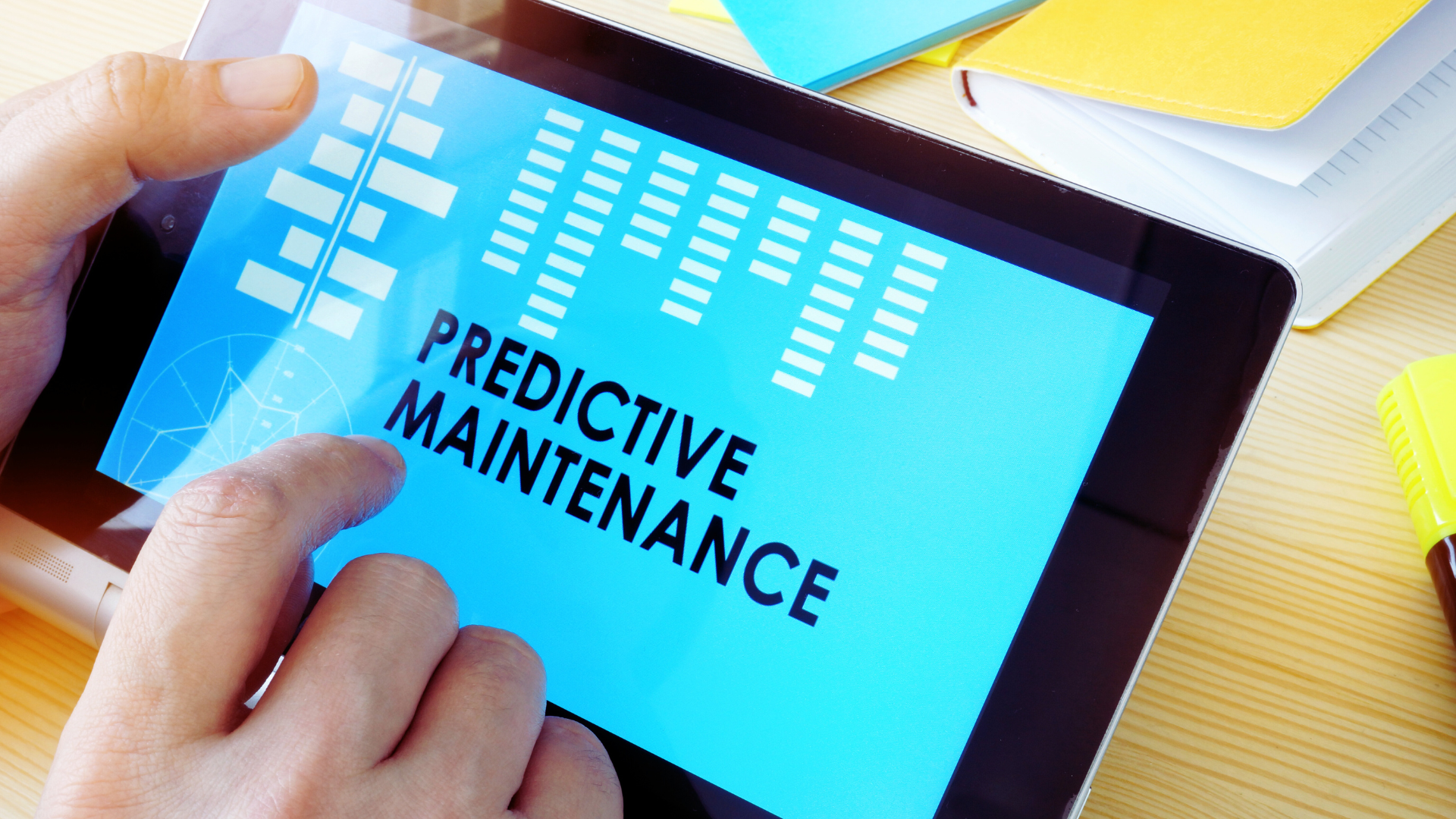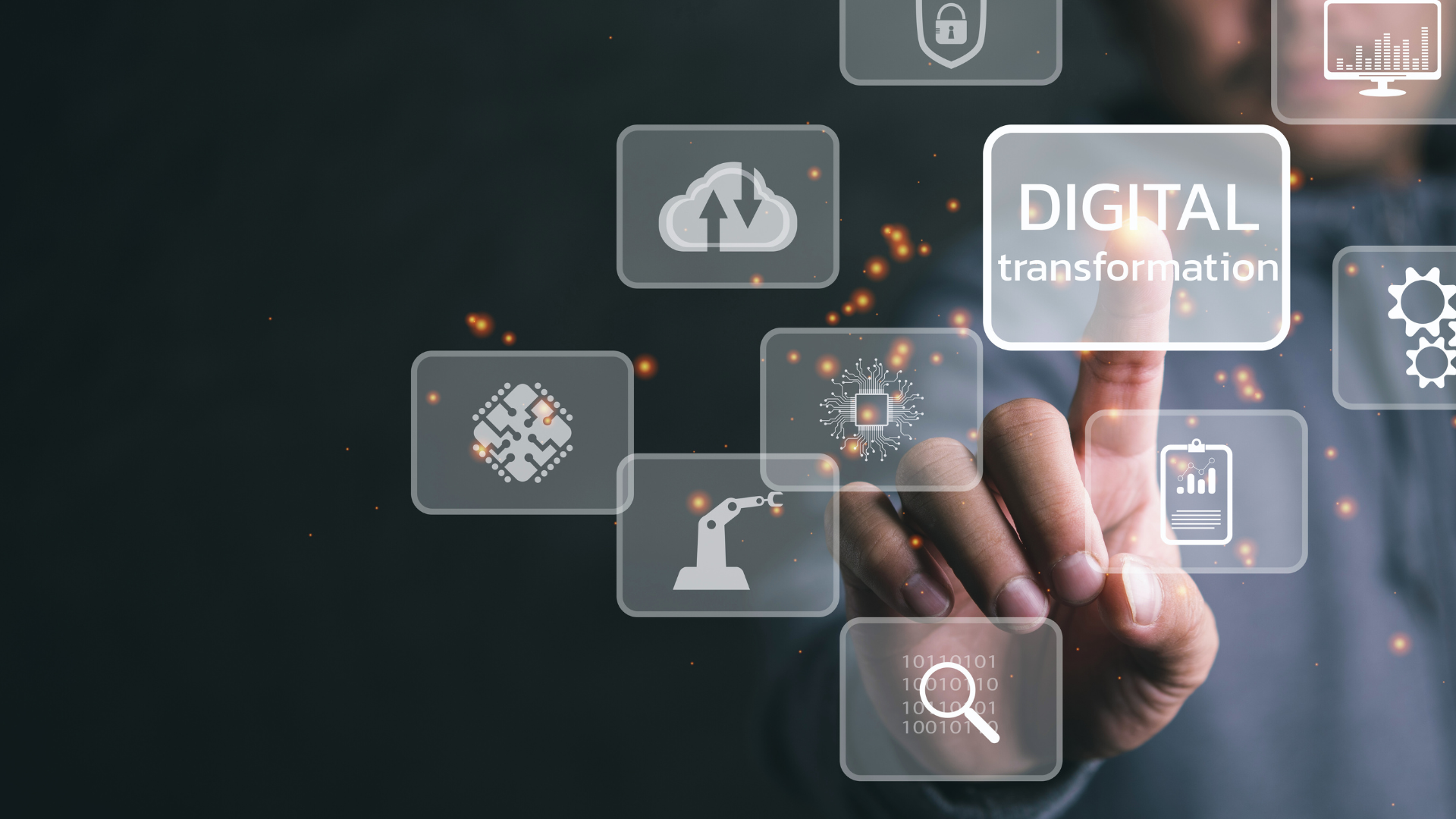As industries face increasing pressure to enhance productivity, the integration of AI into manufacturing processes has emerged as a game changer. AI optimises manufacturing efficiency by streamlining operations, reducing downtime, and enhancing decision-making capabilities. This innovative approach not only drives cost savings but also promotes a more agile production environment.
The advancements in AI technology allow manufacturers to analyse data in real-time, predicting maintenance needs and minimising disruptions. By employing machine learning algorithms, businesses can tailor their processes for maximum output while maintaining quality standards. This shift towards intelligent manufacturing signifies a pivotal change in how products are developed and delivered.
In this landscape, companies that leverage AI are better positioned to compete. The role of AI in manufacturing is not merely a trend; it represents a fundamental transformation that fosters innovation and sustainable growth in an increasingly competitive market.
Fundamentals of AI in Manufacturing
The integration of Artificial Intelligence (AI) into manufacturing transforms how processes are executed, enhancing efficiency and precision. This section explores the key components of AI in manufacturing, including its capabilities, historical development, and the technologies driving innovation.
Understanding AI and Its Capabilities
AI refers to the simulation of human intelligence in machines that are programmed to think and learn. This encompasses various technologies, including machine learning, deep learning, and data analytics. Machine learning enables systems to learn from data and improve over time without explicit programming.
In a manufacturing context, AI enhances decision-making by analysing vast amounts of data quickly. It can identify patterns and trends, allowing manufacturers to optimise processes and reduce waste. Furthermore, AI-driven predictive analytics helps anticipate equipment failures, minimising downtime.
The Evolution of Manufacturing with AI
Manufacturing has undergone significant changes driven by technological advancements. The introduction of automation marked the initial shift, where machines took over repetitive tasks. AI builds on this by adding cognitive functions, enabling machines to analyse and adapt in real time.
The emergence of smart factories reflects this evolution. These facilities integrate AI with the Internet of Things (IoT), creating interconnected systems that communicate and self-adjust. This synergy leads to improved production efficiency, ensuring resources are used more effectively and facilitating a responsive manufacturing environment.
AI Technologies Powering Manufacturing
Several technologies are pivotal to the successful implementation of AI in manufacturing. Robotics plays a crucial role, in utilising AI for more adaptive and intelligent operations. These robots can perform complex tasks, collaborate with human workers, and enhance productivity.
Data analytics is essential for extracting insights from large datasets and driving continuous improvement. Deep learning algorithms process this data, allowing systems to learn from intricate patterns. These technologies not only streamline operations but also enable manufacturers to maintain a competitive edge in a rapidly evolving industry.
Strategic Applications of AI in Manufacturing Processes
AI technology plays a significant role in enhancing various manufacturing processes. Its applications contribute to improved quality control, predictive maintenance, supply chain optimisation, product design, and operational efficiency.
Quality Control and Assurance
AI enhances quality control through real-time monitoring and advanced analytics. By integrating IoT devices and cameras, manufacturers can automatically detect defects during production. Machine learning algorithms analyse data from these devices to identify patterns in product quality.
This ensures compliance with industry standards. Automated quality assurance systems reduce human error and improve precision. As a result, manufacturers can achieve higher customer satisfaction by minimising defects and maintaining consistent product quality.
Predictive Maintenance and Monitoring
Predictive maintenance uses AI to anticipate equipment failures before they happen. By analysing historical data and monitoring equipment conditions in real-time, manufacturers can schedule maintenance more effectively. This approach reduces downtime and extends the lifespan of machinery.
AI systems collect and analyse vast datasets from sensors to identify anomalies. Businesses can optimise maintenance schedules based on actual equipment performance rather than fixed timelines. Consequently, this leads to more efficient operations and significant cost savings.
Supply Chain Management and Optimisation
AI streamlines supply chain management by facilitating better forecasting and inventory management. Utilizing big data, manufacturers can predict demand patterns and adjust inventory levels accordingly. This results in reduced excess stock and improved cash flow.
AI algorithms assist in identifying the most efficient shipping routes. They analyse factors such as traffic, weather, and logistics costs to optimise delivery times. This level of analysis allows manufacturers to respond more swiftly to market changes and improve overall supply chain efficiency.
Product Design and Customisation
AI plays a pivotal role in product design by enabling advanced customisation options. By leveraging data from customers, manufacturers can use AI tools to tailor products to specific needs and preferences. This data-driven decision-making fosters innovation and competitiveness.
Furthermore, AI can simulate product designs, assessing their feasibility and performance characteristics before manufacturing begins. This reduces the developmental time and cost associated with traditional prototyping methods, enabling quicker market entry for new products.
Modern production methods rely on high levels of accuracy to meet strict design requirements. Many industries now use custom billet cnc parts to get the exact dimensions they need for complex assemblies.
This approach is effective because it uses solid blocks of material to maintain strength. It also works well with digital simulation tools that check for errors before the first cut happens. Engineers often choose this path when they want to reduce material waste and keep tight tolerances.
Data Integration and Operational Efficiency
Effective data integration is crucial for maximising operational efficiency. AI systems aggregate data from various sources, ensuring that all relevant information is easily accessible for analysis. This holistic view supports data-driven decision-making across the organisation.
By integrating disparate systems, AI helps identify inefficiencies within operations. Manufacturers can streamline processes, reduce waste, and enhance productivity. This focus on operational efficiency is vital for sustaining competitive advantage in the manufacturing sector.
Enhancing Sustainability and Safety Through AI
AI technologies offer significant advancements in manufacturing by promoting sustainability and enhancing safety measures. Through data-driven insights, manufacturers can reduce their environmental footprint and ensure safer working conditions.
Reducing Environmental Impact
AI contributes to sustainability by optimising resource usage. Predictive analytics can assess energy consumption patterns, allowing for reduced waste and improved efficiency. AI-powered systems monitor emissions, identifying areas for improvement and enabling compliance with environmental regulations. By analysing production processes, AI can recommend changes that lower the carbon footprint.
An effective implementation of AI can also enhance material recycling rates, further minimising environmental impact. The use of simulations enables manufacturers to test eco-friendly methods before full-scale implementation.
Worker Safety and Compliance
AI plays a crucial role in enhancing worker safety through real-time monitoring and predictive analysis. Smart sensors detect potential hazards, ensuring immediate alerts to prevent accidents. Machine learning algorithms analyse safety data, identifying trends that may indicate increased risk. This proactive approach allows for timely interventions and adherence to safety regulations.
Automated safety monitoring systems can also streamline compliance reporting. By efficiently collecting and analysing data, these systems help manufacturers maintain necessary documentation and meet regulatory standards.
Achieving Operational Excellence
AI not only drives sustainability and safety but also fosters operational excellence. Advanced analytics provides insights into production efficiency, identifying bottlenecks and areas for enhancement. AI solutions optimise supply chain management, reducing waste and costs. Manufacturers benefit from improved forecasting capabilities, allowing for precise inventory management and decreased overstocking.
Integrating AI into operational frameworks can also strengthen cybersecurity measures. Protecting sensitive data while ensuring safety protocols enhances the overall integrity of manufacturing processes.
Looking Ahead: The Future of AI in the Manufacturing Sector
The integration of AI into manufacturing processes promises transformative changes. Key focus areas include the emergence of innovative technologies, economic implications, and the necessity for talent development in an evolving landscape.
Emerging Trends and Innovative Technologies
AI is set to revolutionise manufacturing through several key trends. One significant development is smart manufacturing, which utilises interconnected devices and data analytics to enhance production efficiency. This approach enables real-time monitoring and adaptive processes, allowing manufacturers to respond swiftly to changing demands.
Generative AI is also gaining traction, aiding in product design and process optimisation. By analysing vast datasets, it can generate innovative solutions and streamline workflows. Additionally, human-robot collaboration is becoming increasingly prevalent. Robots equipped with AI can safely work alongside humans, enhancing productivity and reducing error rates. These advancements not only improve efficiency but also provide a competitive edge in the industry.
The Economic and Educational Impact of AI
AI integration in manufacturing holds significant economic potential. As companies increase their AI spending, they can expect higher productivity and reduced operational costs. This transition contributes to economic growth within sectors reliant on manufacturing.
As AI technologies advance, the need for education and training becomes paramount. Educational institutions are adapting curriculums to prepare students for careers in advanced manufacturing and Industry 4.0. Professionals must acquire skills in AI management, data analysis, and robotics to remain relevant.
The shift also influences economic models, as companies rethink traditional employment structures. A move towards automation can lead to reshaping job markets, prompting a need for reskilling current employees and preparing future generations for AI-centric roles.
Adapting to AI: Talent Development and Job Disruption
As AI becomes integral to manufacturing, talent development is crucial. Companies must invest in continuous training programmes to equip their workforce with relevant skills. Emphasis is placed on technical competencies in AI and data management, essential for navigating the evolving landscape.
Job disruption is an important consideration. While some roles may be phased out due to automation, new job categories will emerge. Workers trained in aspects of human-robot collaboration and AI integration will find themselves in demand.
Economic studies indicate a potential shift in employment dynamics, necessitating adaptive strategies for industries. Manufacturers will benefit from fostering a culture of lifelong learning, ensuring that their workforce can thrive amid these changes.








